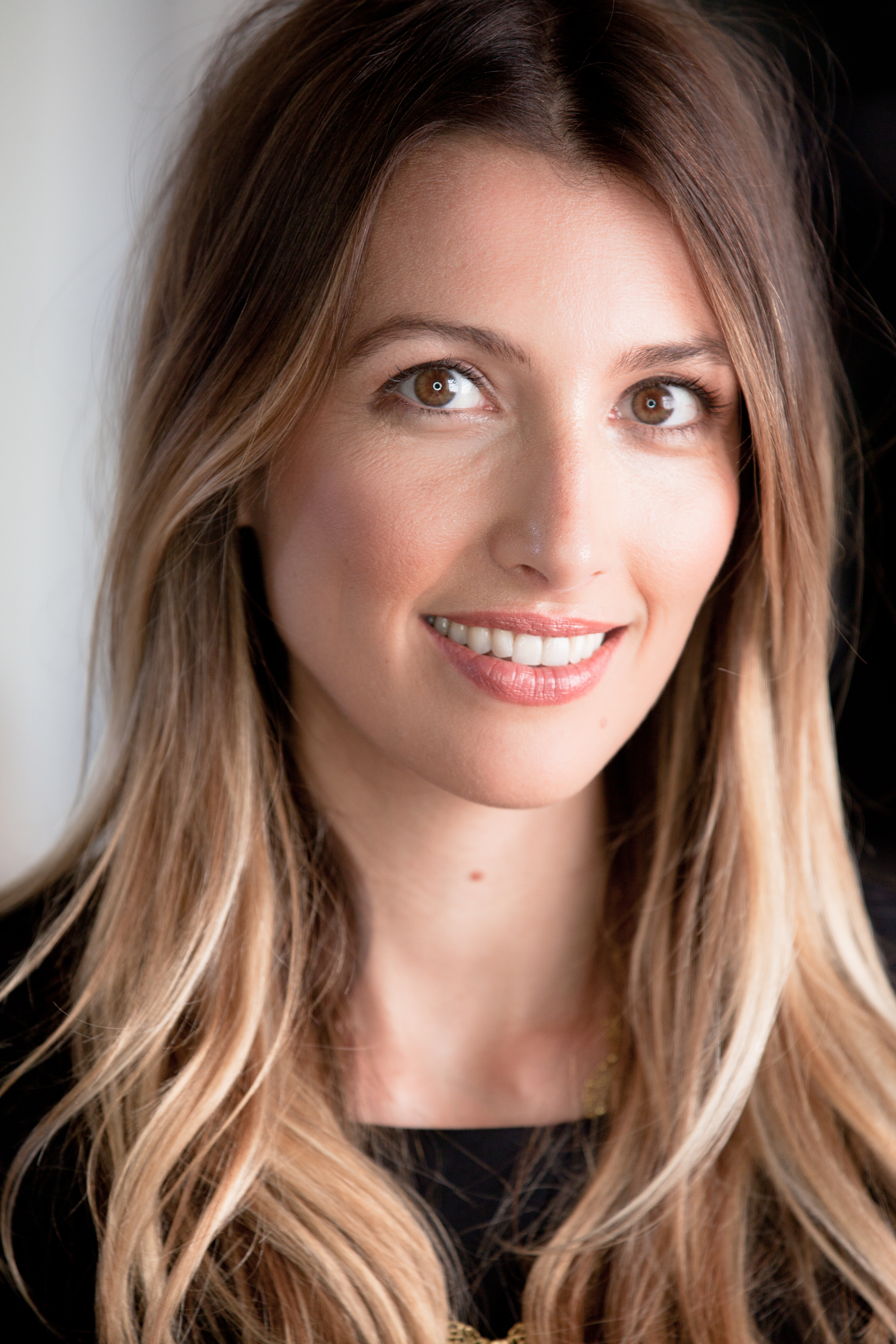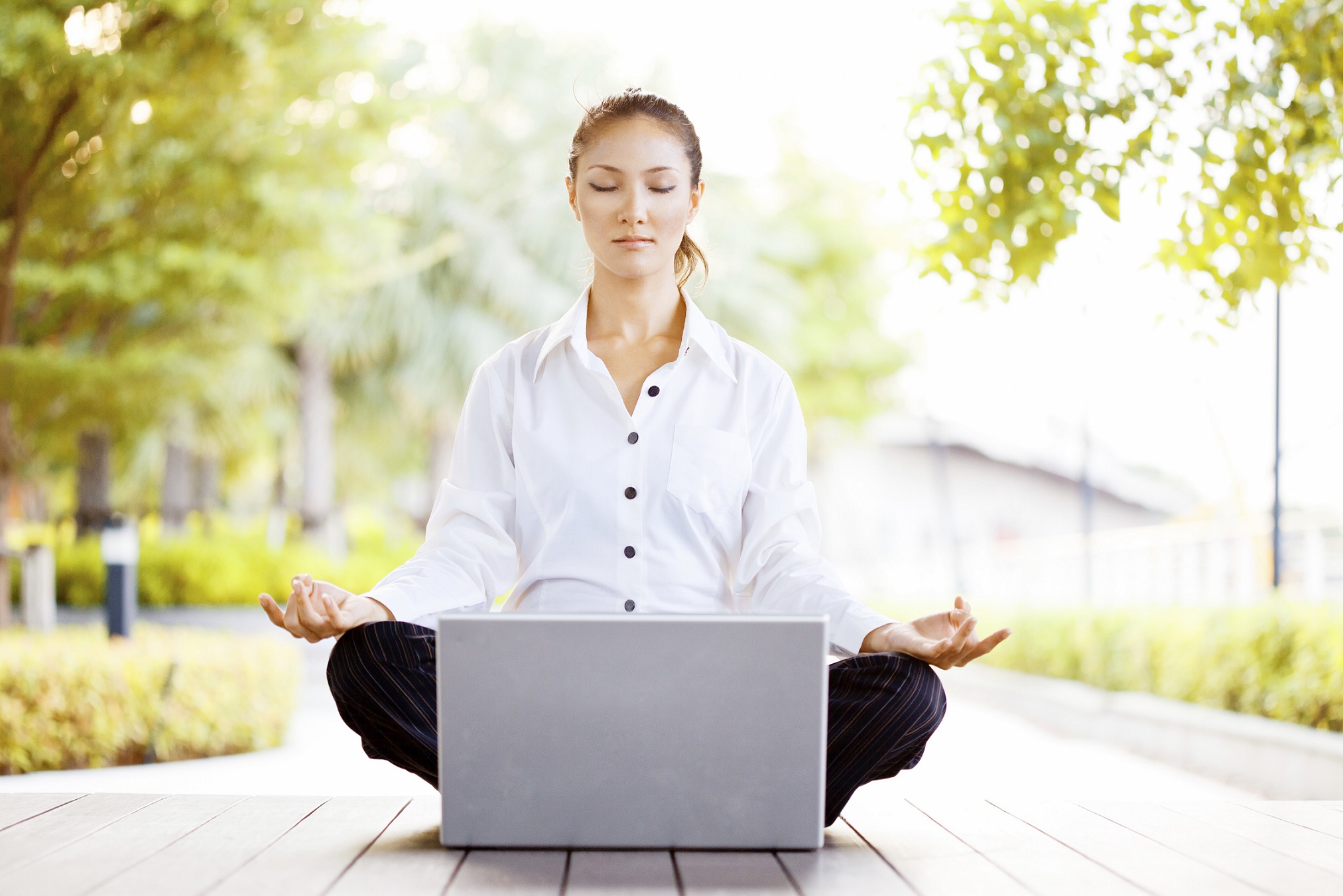Whether you’ve read the book or not, you’ve likely heard the term “lean in” used when talking about the art of mastering the work-life balance. Coined by Facebook COO Sheryl Sandberg in her book with the same title, “leaning in” is an approach to realizing yourself as a professional. It is about being brave in asserting yourself in the workplace, being honest with yourself and your colleagues, and embracing your reality. Leaning in encourages us to take on challenges, while still being mindful of your colleagues, and striking a balance between your personal and professional life.
I wonder, however: If we are leaning in all the time, are we really allowing ourselves to fully be aware of our environment? Are we, at times, losing sight of some of the things that truly matter? Are we missing out on important changes in our relationships and our inner lives because of such a tight focus on a specific goal?
What do I mean by that? Recently, I was speaking to an Ayurvedic[1] physician at the Chopra Center about a personal struggle I was experiencing. His advice to me? “Expand your awareness.”
I had no idea what that meant, or how it applied to me. So, I went on a search. I meditated, then started a mindfulness based stress reduction course, where I heard about it again. This time, it was in the context of meditation and awareness of our breath, our bodies, thoughts, and feelings. Some of the practices I began to do really helped me tune into both my internal and external environment in a way that was unintentional and natural.
For example: I was not listening for something specific, looking for something, or tuning things out for the purpose of a very focused task. I was just open to experiences and sensations. This helped me tune into things during my meditations that I normally would not notice. Things like sounds, or how my body felt. Aches, pleasant feelings, a tightness in my throat if I was feeling sad or fearful, or a heat in my chest if I was upset. Doing so helped me better identify bodily sensations and correlate them to my thoughts and feelings. It helped me deconstruct a pattern I was in. I was again recently presented with a challenge that was very personal and difficult to cope with. Unfortunately, I had “fallen out” of my meditation, yoga and self-care routine at the time. After working very hard to problem-solve and realizing that I am running up against the same barriers each time (note: constructive problem-solving undoubtedly has a role and purpose), I decided to lean back. I decided to practice meditation and yoga routinely, to expand my awareness to all aspects of my life, to the beauty of life, to my family members and friends. I made a conscious effort to engage in things and activities that I normally wouldn’t have, to experiment with visiting new places in my city, to spend more time connecting with people in a meaningful way. I expanded my awareness through my routines and my engagement with many exciting things the world has to offer. It slowly helped me get “out of my head”, re-examine my purpose, and enjoy the moment. It helped me be mindful about my choices (choices that we make every day about how we feel, how we behave and react to circumstances – favorable or unfavorable) and helped me be less fearful and critical of my actions by putting things into perspective.
Expanding your awareness to the environment and the people around you will help you gain a better insight into the people you interact with and why they do things they do, as well as any changes happening within yourself and others. It will help you develop a tolerance, because it allows you to look at things from a distance, but with empathy. You become an observer who is close enough to understand the situation, but far enough not to be too attached or biased.
When an issue presents itself, your reaction is likely to ask, “Why is this happening to me?” Instead, shift your perspective. Think, “This problem is a great opportunity for me to learn something new and expand my skills.” Of course, I know this is much easier said than done, and it is a process that usually does not happen overnight. I have been there, and I can guarantee you, I’ll be there again. But practicing skills of mindfulness and leaning back helps us gain the perspective and ability to detach, observe, and act confidently, rationally and with inner peace.
For example, let’s say you’ve had an argument with someone you’re close with. Maybe it’s a friend, your partner, or someone you work with. It’s easy to push ahead without evaluating the situation, assuming that their negative reaction was all about you, and had nothing to do with other factors that might be contributing to their current state. But stopping for a moment to lean back and see the situation from the other person’s perspective can bring a new awareness to the disagreement that you’ve had. You’ll feel more compassion and understanding for this person by expanding your awareness of what other people are going through, rather than thinking that every action is directed at you
You may wonder: If I am leaning back too far, what if I fall off the corporate ladder (or a branch in the “jungle”, as Sandberg would call it) due to my lack of focus and ambition?
In his book 10% Happier, author and former ABC anchor Dan Harris examines the idea that as one gets more “zen” and accepting of his or her environment, they become more at risk of losing motivation and high achieving qualities. I have also often wondered if this is true. Does equanimity, that internal sense of calm, truly have to mean the loss of ambition? Loss of that drive that propels us forward in our careers, educational achievements, social circles, and makes us strive to achieve our personal best? Or, on the contrary, does it give us the clear focus and the confidence to make decisions, to cultivate an inner strength and peace that helps us be the best version of ourselves?
Is there a way to balance the two, and swing back and forth, like a pendulum, between a proactive, highly focused mindset, and an observant, non-reactive and “big picture” mindset? Now, Dan Harris is an advocate for meditation as a way to achieve a greater sense of happiness, relief from stress, and a healthy way to cope with our busy, critical minds. If we can achieve this, there is no doubt we can live life with more clarity, focus, and insight.
But I still sometimes wonder what the perfect balance looks like. How do we achieve that equilibrium? And perhaps, is finding a way to work with what we have to achieve this mindful, compassionate, clear state the purpose of our existence?
Let’s have a discussion. I invite you to comment here on whether you think taking a step back, rather than acting, has helped you in some way. Has being and observing, rather than doing, helped you overcome a difficult situation in life or reach a goal?
[1] Ayurveda is an ancient system of healing that originated in India approximately 5000 years ago. It emphasizes natural approaches of restoring mind and body balance.


